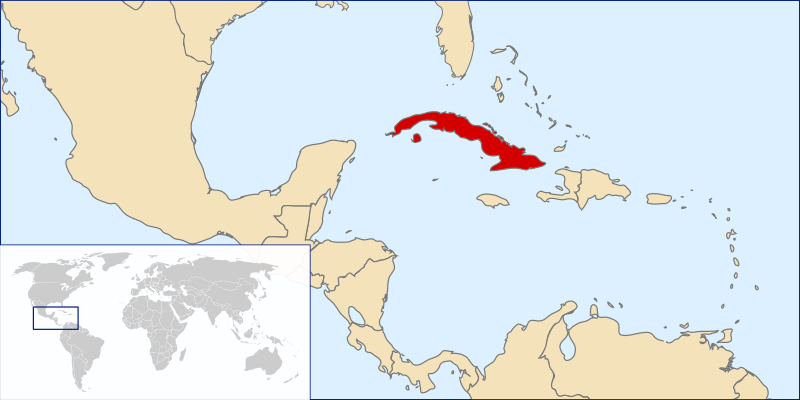Congress Frets Over Exploratory Drilling to Take Place in Cuban Waters

Not only does the U.S. government have to worry about offshore drilling in their own waters, but now they must brace themselves for exploratory drilling to take place in December off the coast of Cuba, less than 100 miles from Florida beaches.
Frigid diplomatic relations between the U.S. and Cuba (i.e. long standing trade embargo) could have significant implications in the event of a major oil spill. Spanish oil company, Repsol, is set to conduct the drilling operations of the communist nation, and while the company has extensive U.S. interests, it is still a sticky situation when it comes to what safety regulations will be enforced from the Cuban government.
The Senate Energy and Natural Resources Committee met on Tuesday to discuss the impending drilling operation. Michael Bromwich of BOEMRE was quoted by the Miami Herald saying that Repsol is likely to exercise caution while drilling so close to Florida beaches and that their U.S. interests have served well in how the company is cooperating with the government. Bromwich continued to say that the company has publically acknowledged that they will follow U.S. regulations and industry standards while they drill in Cuban waters.
Repsol’s word is not enough for U.S. regulators though in the shadow of the Deepwater Horizon catastrophe. The U.S. government has requested to inspect the Spanish oil rig before it is transported to Cuban waters, says the Miami Herald. BOEMRE, along with the United States Coast Guard, have also already participated in an oil spill drill at a Repsol base in Trinidad.

It is not fully clear how U.S. authorities would be able to respond to potential oil disasters in Cuban waters, though. Paul Schuler, the president and CEO of Clean Caribbean and Americas, a South Florida-based oil spill response group, says there must be a looser approach towards the communist government of Cuba in order to have any involvement with the country. The speed and ability to dispatch U.S. technologies in the event of a spill is a grey area amid the trade embargo, and is a serious concern to Congress.
While Republicans have tended to be more favorable towards exploratory drilling, legislators from both parties have been wary about the involvement of Repsol with Cuba. 34 legislators even outreached to the Spanish oil company asking them to stay out of Cuban waters and that their drilling plans assume support of the notorious Castro regime. A bill has been proposed that would deny visas to non-U.S. citizens if they have worked in the Cuban oil industry, as well as imposing sanctions on anyone who has invested in the Cuban oil drilling market.

that matters most
Get the latest maritime news delivered to your inbox daily.
Since the U.S. can’t direct any standards onto the Cuban government, lawmakers hope that exercising all available assurances through the Spanish operator is their only option as of now.
Currently, drilling off the coast of Florida is banned by the U.S. government. --MarEx
